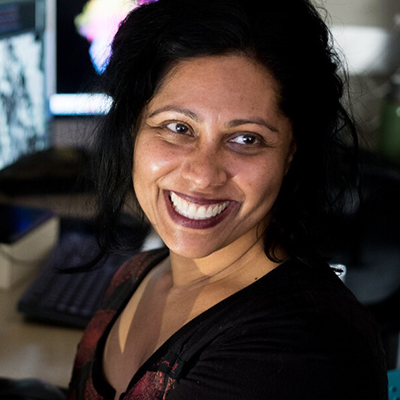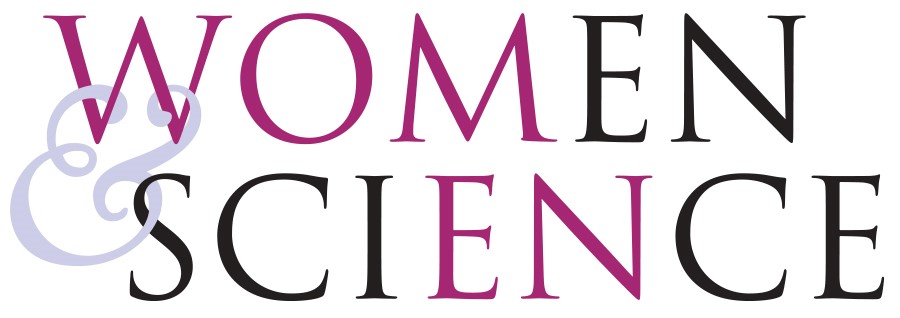At the Forefront of Basic Research
New Strategies to Outsmart Drug-Resistant Microbes
THURSDAY, DECEMBER 5, 2024
7:30 AM Coffee
8:00 – 9:00 AM Lecture
The Rockefeller University
1230 York Avenue at East 66th Street
New York, NY 10065
VIDEO(opens in new window) DONATE(opens in new window)

SPEAKER
Elizabeth Campbell, Ph.D.
Corinne P. Greenberg Women & Science Professor
Laboratory of Molecular Pathogenesis
The Rockefeller University
HOST
Richard P. Lifton, M.D., Ph.D.
President and Carson Family Professor
Laboratory of Human Genetics and Genomics
The Rockefeller University
Antimicrobial resistance has been recognized by the World Health Organization as one of the top 10 global public health threats. It’s already causing a rising number of deaths worldwide, and beyond that, it threatens to undermine many of the major medical advancements we’ve come to rely on, such as surgery and chemotherapy. The need for new antibiotics has never been more urgent, yet the development pipeline for these drugs is drying up, as many large pharmaceutical companies focus on more profitable areas of drug discovery.
This raises a critical question: can government and private research institutions rise to the challenge of developing innovative solutions to combat resistant pathogens? Dr. Elizabeth Campbell and her team, along with other researchers at Rockefeller University, are making significant strides in this battle. They are working on several fronts, including identifying new drug targets, developing novel drug candidates, and exploring science-based strategies to limit the overuse of broad-spectrum antibiotics. Additionally, they are learning how bacteria become drug resistant—knowledge that could one day enable us to stop the process altogether.
One of Dr. Campbell’s main areas of investigation is tuberculosis, which causes more fatalities globally than any other communicable disease. To understand the precise mechanisms of TB infection, she and her colleagues use cryo-electron microscopy, a powerful imaging tool that allows them to examine the structures of biological molecules at near-atomic resolution.
A member of the university’s Stavros Niarchos Foundation Institute for Global Infectious Disease Research, Dr. Campbell is an elected fellow of the American Association of Microbiology and a recipient of the prestigious 2023 Emil von Behring Prize, for her work on determining the structure of the SARS-CoV-2 polymerase. Dr. Campbell’s contributions extend beyond the laboratory. She participates in the Rockefeller Inclusive Science Initiative and actively mentors aspiring investigators, particularly women and underrepresented minorities. Her commitment to basic research, mentorship, and diversity underscores her leadership in the biomedical community.
